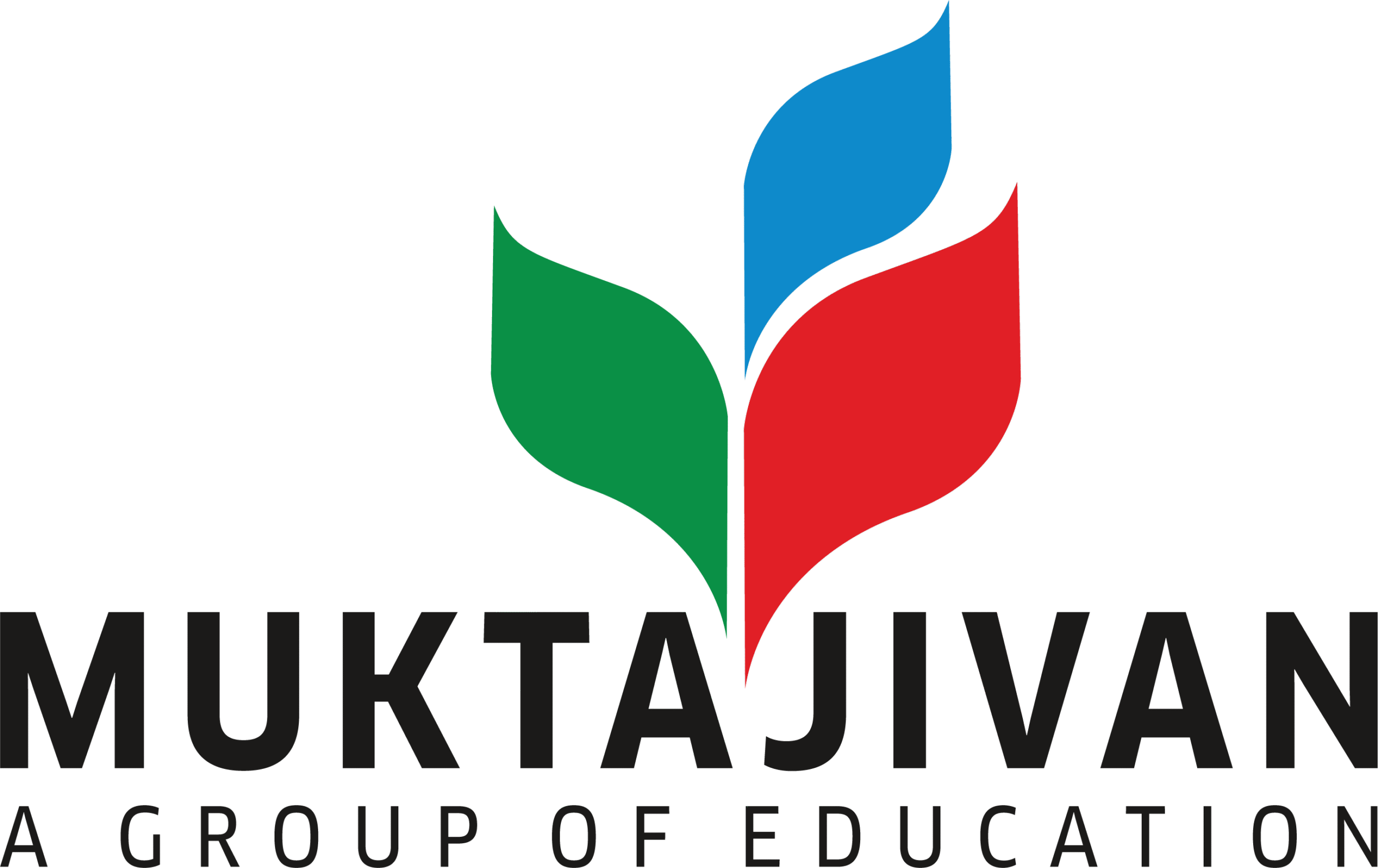Facilities
What Our Parents Say
Sed ut perspiciatis unde omnis iste natus error sit voluptatem accusantium doloremque lauda ntium totam rem aperiam eaque ipsa quae ab illo inventore veritatis

On the other hand denou with righteous indignation dislie ways who are so beguiled and demora lized by the charms of pleasure of the for moment so blinded by desire that cannotensue.
Dokalia H. Kala
UX/UI Designer

On the other hand denou with righteous indignation dislie ways who are so beguiled and demora lized by the charms of pleasure of the for moment so blinded by desire that cannotensue.
Zomalia Karuix
civil engineer

On the other hand denou with righteous indignation dislie ways who are so beguiled and demora lized by the charms of pleasure of the for moment so blinded by desire that cannotensue.
Umas D. Silva
Programmer

On the other hand denou with righteous indignation dislie ways who are so beguiled and demora lized by the charms of pleasure of the for moment so blinded by desire that cannotensue.
Zomalia Karuix
civil engineer

Facilities
Computer Labs
High-Performance Workstations: Equipped with the latest processors, RAM, and software required for programming and simulation work.
Software and Tools: Access to software like Visual Studio, Eclipse, Java, Python, database management tools (like MySQL, Oracle), and web development tools (like Dreamweaver, Node.js).
Networking Labs: For practical work on network configurations, protocols, and security.
Specialized Labs: Some colleges have labs dedicated to specific areas like Artificial Intelligence, Data Science, Cybersecurity, or Cloud Computing.
2. Library
Physical and Digital Resources: A well-equipped library with textbooks, reference books, research papers, journals, and periodicals focused on computer science and related fields.
E-Learning Resources: Access to online journals, e-books, and research databases like IEEE, Springer, or ScienceDirect.
Study Areas: Quiet zones for individual study, group study areas, and computer terminals for browsing academic content.
3. Wi-Fi and Internet Access
Campus-Wide Wi-Fi: High-speed wireless internet available throughout the campus, allowing students to access course materials, research, and collaborate online.
Dedicated Internet Connections: In labs and libraries, fast and stable internet connections are crucial for research and coding work.
4. Classrooms and Lecture Halls
Smart Classrooms: Equipped with projectors, digital boards, and interactive whiteboards to enhance the teaching and learning experience.
Lecture Halls: Large, well-ventilated spaces for seminars, workshops, and lectures with comfortable seating arrangements.
Audio-Visual Equipment: For effective presentations, tutorials, and discussions.
5. Workshops and Seminar Rooms
Regular Workshops: Practical, hands-on sessions conducted by industry experts or faculty members to introduce students to new tools, techniques, and industry trends.
Seminars and Guest Lectures: Spaces dedicated to talks, seminars, and lectures by professionals and industry leaders from various domains of IT and computer applications.
6. Research and Development Facilities
Project Workspaces: Dedicated areas where students can work on their final-year projects, usually equipped with all necessary software and hardware.
Collaborative Research Areas: Spaces for collaborative work, group discussions, and brainstorming sessions for student research.
7. Hostel and Accommodation Facilities
On-Campus Hostels: Many colleges offer hostel accommodation with facilities like Wi-Fi, mess, 24/7 security, and common areas for relaxation.
Off-Campus Accommodation: Some colleges may have tie-ups with nearby accommodations for students.
Recreational Areas: Common rooms, gym, and other recreational activities for student well-being.
8. Career Development and Placement Support Placement Cell:
A dedicated department that facilitates campus recruitment drives, internships, and job placements by coordinating with industry partners.
Internship Opportunities: Colleges often have industry collaborations that allow students to intern with top tech companies.
Industry Interactions and Alumni Network: Opportunities for students to connect with alumni and industry professionals for mentoring, networking, and career advice.
9. Sports and Fitness Facilities
Sports Complex: Many colleges have sports facilities like a football ground, basketball court, tennis court, and indoor games.
Gymnasium and Fitness Center: Fitness centers equipped with modern gym equipment and spaces for yoga and meditation.
Fitness Programs: Regular fitness sessions and activities to promote a healthy lifestyle among students.
10. Cafeteria and Food Facilities Student Cafeteria:
A well-maintained cafeteria offering a variety of food options, both healthy and popular choices, catering to students’ diverse tastes.
Clean and Hygienic Environment: Maintaining hygiene and food safety standards is crucial to ensure a pleasant experience for students.
11. Transport Facilities
College Buses: Transport arrangements for students who live far from the campus.
Bicycle and Scooter Parking: Safe and secure parking for students who use personal transport.
12. Student Clubs and Extracurricular Activities Tech Clubs:
Clubs dedicated to programming, robotics, AI, and other computer science topics where students can work on projects, hackathons, and coding challenges.
Cultural Clubs: For music, drama, dance, and other cultural activities, allowing students to showcase their talents.
Hackathons and Coding Competitions: Organized at regular intervals to engage students in real-world problem-solving and coding challenges.
13. Health and Medical FacilitiesInfirmary/First Aid:
Colleges usually have a basic first-aid room for emergencies.
Tie-ups with Nearby Hospitals: Some colleges have partnerships with local medical centers for emergency care and routine medical check-ups.
14. Counseling and Mental Health Support
Counseling Services: Availability of counseling services for academic stress, career guidance, and personal problems.
Mental Health Programs: Awareness programs and workshops to promote mental health and well-being.
15. Student Support Services
Academic Support: Faculty assistance for students struggling with course materials, along with remedial classes and extra tutorials.
Peer Learning Groups: Encouragement of collaborative learning and mentorship through peer groups.
Feedback and Evaluation Systems: Transparent systems for student feedback on courses, faculty, and campus facilities.









